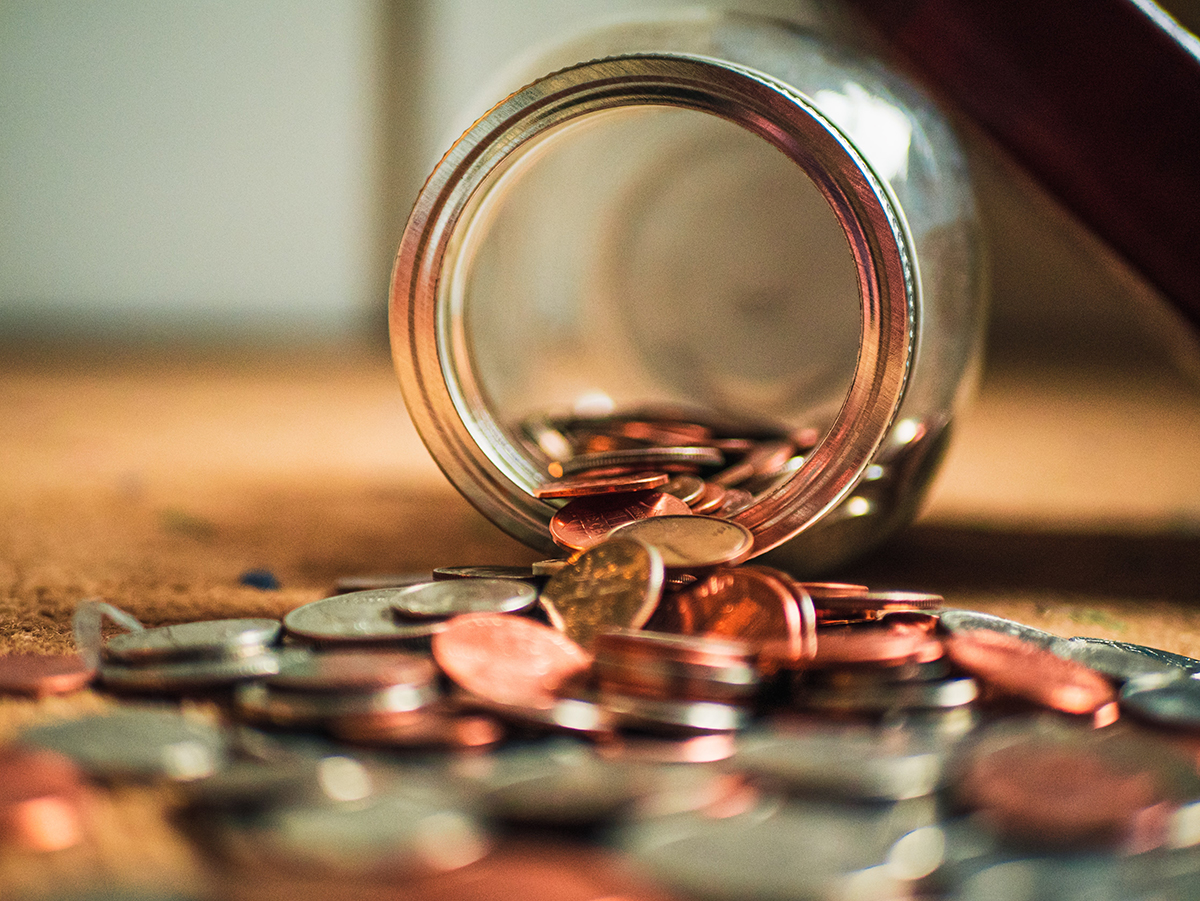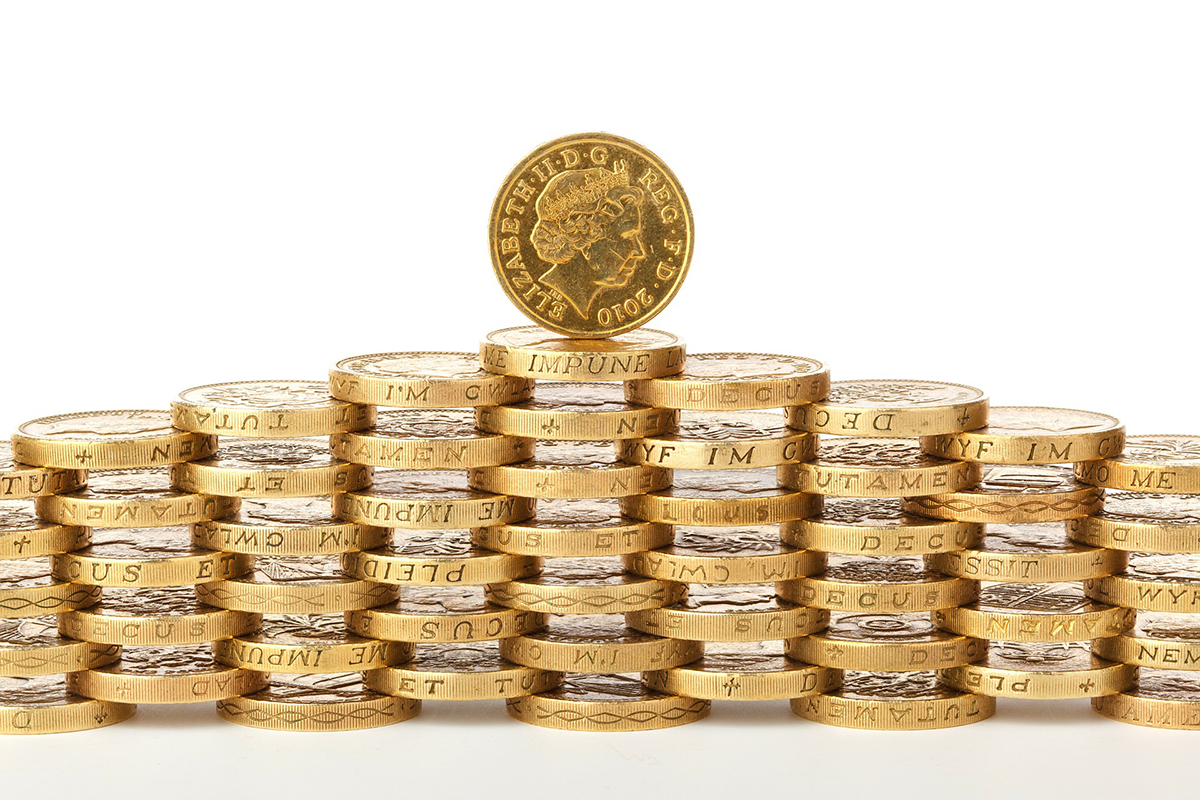There is more than one way to build a fortune.
The common denominators are: Time, Patience and Commitment
Adopt these simple but effective money saving tips today!
Record your expenses
The first step to saving money is to figure out how much you spend. Keep track of all your expenses—that means every coffee, household item, and cash tip. Once you have your data, organize the numbers by categories, such as utilities, groceries and mortgage/rent, and total each amount. Consider using your credit card or bank statements to help you with this.
Budget
As a personal financial planning tool, a written, monthly budget allows you to plan for how you will spend and/or save your money each month and also keep track of your spending patterns. Though making a budget may not sound like the most exciting activity (and for some, it is downright scary), it is vital to keeping your financial house in order as budgets rely on balance.
Many personal finance professionals tout the “pay yourself first” plan as a very effective way to ensure that you continue making your chosen savings contributions month after month. It removes the temptation to skip a contribution and spend the funds on expenses other than savings. Regular, consistent savings contributions go a long way toward building a long-term nest egg. The “pay yourself first” is often referred to as the golden rule of personal finance
Find your net worth
It’s time to take inventory and find out exactly how much you’re worth. Calculating your net worth will give you an accurate picture of where you stand financially. If you have any financial plans for the future, such as sending your children through university or retiring by a certain age, It’s especially important to know your current financial state. Net worth is the amount by which assets exceed liabilities. In other words, your net worth is the difference between what you own and what you owe
Pay off debt and credit cards
Credit cards can be great financial tools, as long as you use them wisely. Knowing the facts about credit cards can help you avoid financial pitfalls.
If you want to keep momentum in your debt payoff, you have to continually remind yourself of the reasons you want to get out of debt. How will paying off your outstanding bills benefit your life? What can you do when you’re debt-free that you can’t do now?
To build credit, you need to have a demonstrated track record of using credit responsibly, and over time different forms of credit. You want to demonstrate the ability to put expenses on the card and then to pay that off.
As long as you have outstanding debt, you don’t make the decisions about your money, your lenders do. They decide how much you pay them and when you pay them.
To demonstrate that ability, it’s smarter to focus on not letting your balance exceed more than 10 to 30 percent of your credit limit at any given time.
Ensure you have an emergency fund
It’s no surprise that when life presents an emergency, it threatens your financial well-being and causes stress. If you’re living without a safety net, you’re living on the “financial” edge—hoping to get by without running into a crisis. Being prepared with an emergency fund gives you confidence that you can tackle any of life’s unexpected events without adding money worries to your list. How much you need in your emergency fund will vary from person to person but you should look to have at least 3 months salary set aside and readily available.
Budgeting and paying off your debts allows you to build the right foundations!
Spend less than you earn
One of the most important principles to saving effectively and becoming wealthy, is to spend less than you earn.
Budgeting, paying off your debts and tracking your finances are all parts of the process that will ensure you are not over spending. Or simply spending all the money you earn. Think back to the pay yourself first rule of thumb!
How you choose to spend your money is totally up to you. However, it will make you happier if you choose to spend your money with intention.
This means that you choose to allocate your money to the things that bring you the most value. (The things that bring you most value are probably the things that make you happy, healthy and wise.)
Reasses your spending
Drop unused memberships. Check monthly bills and think twice about memberships that aren’t used often. Whether it’s a subscription with products that aren’t often to your liking or an infrequently visited gym, if the service isn’t providing value, stop paying for it. Get rid of subscriptions you don’t need. You will soon notice a difference.
Seek alternative service providers
Escape expensive contracts and switch to an cheaper providers for things such as your phone provider, utilities, car insurance, and so on.
Reject unnecessary purchases
Avoid buying things that will probably never be used more than once, such as formalwear (rent instead), specialty kitchen appliances (which lose their novelty quickly), and power tools (rent from home improvement stores or borrow from local sources).
Consider micro investing
When you think of spare change, you might not think it’s that much. But what if you could invest your spare change? There are a number of apps out there that let you do just that!
The way it tends to work is that you sign up for an account and connect your credit card/debit card to the account. Then when you spend smaller amounts that are notb round numbers the app will automatically invest the “spare change” . It does this by rounding up your purchases to the nearest pound/dollar. So let’s say you paid 3 pounds 45 pence for a cappuccino, it would round this up and you’d invest 55 pence.
While that might not seem like a lot, it can all add up over time.
Choose what to save for
One of the best ways to save money is to set a goal. Start by thinking of what you might want to save for—perhaps you’re getting married, planning a vacation or saving for retirement. Then figure out how much money you’ll need and how long it might take you to save it.
The 52-week money saving challenge
This was a challenge widely used as a way of slowly building up your savings throughout the year. Essentially, in the first week you put aside £1, on the second week £2, on the third week £3, until you reach the 52nd week of the year, and you put aside £52 (or equivielnt amounts in your chosen currency).
If you were able to do this each week, you’d theoretically save £1,378 by the end of the year. However the one major drawback with this is, is it gets more expensive as time goes on – just in the run up to Christmas, when there seems to be a never end list of things to pay for in December. So it can often fail towards the end, especially the more expensive it becomes.
365 day money saving challenge
The new kid on the block is the 365 day money challenge, which is proving to be very popular. This sees you put 1 pound away/ 10 AED on a Monday, then 2 pound/20 AED on a Tuesday upto 70 AED at the end of the week. Then you simply start the process again each week.
However this challenge also has its problems. It can be a laborious task, saving different amounts on different days. You might not have the cash to hand. Or you might forget and have to make up payments. The problem with both the 52 week money saving challenge, and 365 day money saving challenge, is that neither of them are automated. This means you have to think about it. And you have to thing about it every day!
Automate it
The easiest and generally a much more successful way of saving and ensuring you stick with it. Is to stick with a set amount and a set time frame, such as once a month or quarter. Essentially Automating it. This means you dont need to be thinking about it all of the time. Set up a bank standing order each month into different account so it happens automatically. That way it is kept aprt from your day to day spending. It will save you time and there is no risk of missing a payment.
Of course, some people like the challenge of building saving into their every day routine. And if this works for you, then fantastic! Personally I think it’s just one more thing to think about and that automation is the key to success. However this year (alongside automated savings) I am giving the 365 day challenge a go.
Ultimatley when it comes to saving it’s about finding a way that suits you!
Here are a selection of top books and apps for advice and help with saving and budgeting:
Books
Debt escape plan – Beverley Herzog
The Automatic Millionaire – David Bach
Unbreakable – Tony Robins
Rich Dad poor Dad – Robert Kiyosaki
Apps
Fudget
Daily Budget
Money box
Revolout
Monzo
Find out how we can help you
If you would like to understand more about this topic get in touch
Related posts
- Published On: June 26, 2023|3 min read|
Unlocking Your Financial Future: The Path to Wealth Mastery
Achieving wealth mastery is a journey that goes beyond mere accumulation. In this blog, we'll explore the concept of wealth mastery and uncover the essential steps to unlock your financial future.
Read more












